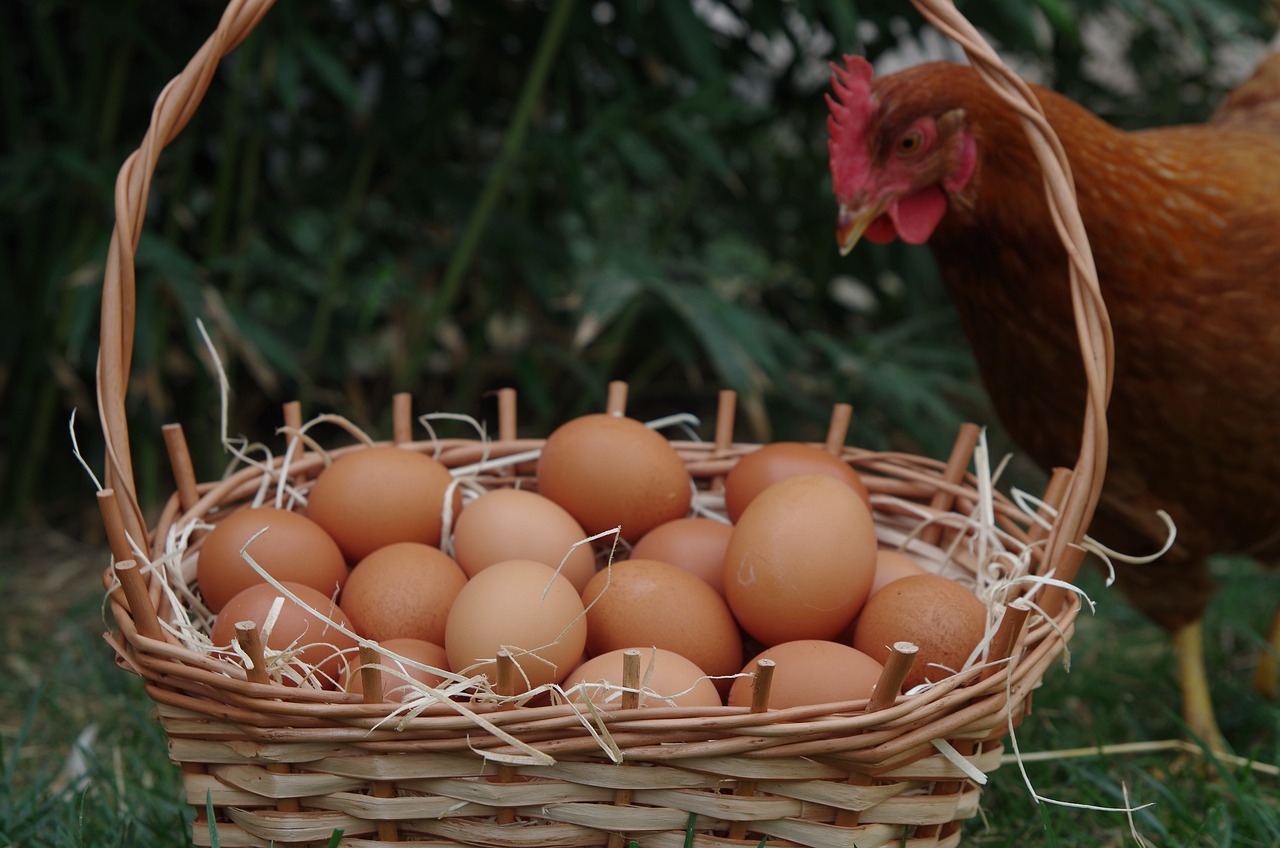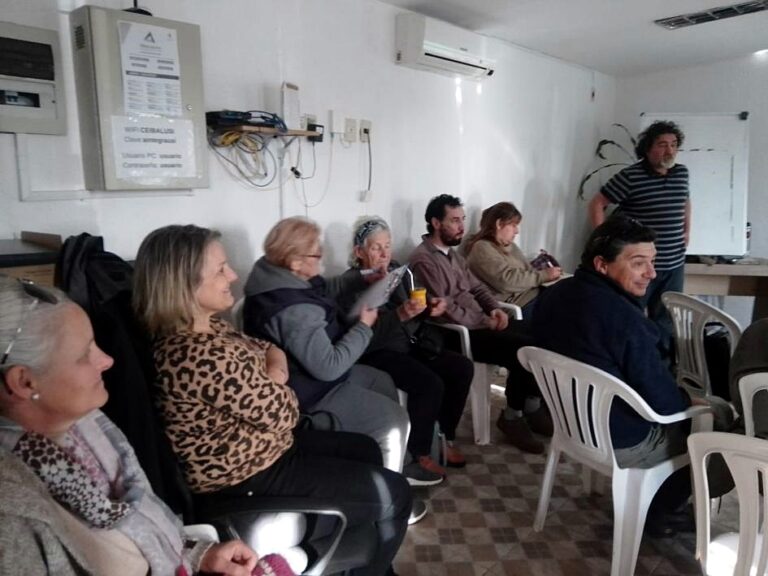Agro-ecological initiative of the CANASTA Cooperative |
A few days ago, the Cooperative CANASTA (acronym of Centro Alternativo de Abastecimiento Soberano Terapéutico Agroecológico) de Responsabilidad Limitada held a significant training activity within the framework of the Transformadoras project, promoted by the Ministry of Livestock, Agriculture and Fisheries (MGAP) and the Instituto Plan Agropecuario (Plan Agropecuario Institute).
The purpose of the call for proposals is to support women's groups in the development of transformative initiatives through an economic subsidy. In its second edition, the project has brought together women from different departments in order to strengthen the egg production in rural areas of Uruguay.
Sustainable training and collaboration
The training, which took place in the municipal hall of ProgressThe event brought together more than 30 participants from towns such as Progreso, Los Cerrillos, JuanicóSan José and the Rural Montevideo. The event was organized by the CANASTA SRL Cooperativewith the support of the Women's Progress Networkand had the technical assistance of veterinarians Ignacio Berriel and Germán Rodríguez (UdelaR). The workshop addressed crucial aspects of small-scale poultry management, including pullet rearing, proper facility management, grazing and poultry health.

Jimena Sosaa member of BASKETexplained that the initiative arose in response to the growing demand for eggs in the organic fairs where they sell their products. In this regard, he commented: "we decided to present the project to produce our own eggs, as we observed a constant lack in the market".. Sosa added that, "the idea is that, being in agroecological farms, we integrate the hens into production, using their manure as fertilizer for vegetables and enriching their diet with green fodder.".
The project not only seeks to improve the egg productionThe proposal is not only to promote the sustainability and economic empowerment of rural women, but also to promote the sustainability and economic empowerment of rural women. The proposal of BASKET includes the implementation of green fodder, such as alfalfa and fodder trees, which not only enrich the birds' diet, but also contribute to the biodiversity of the farms. In addition, the use of natural probiotics and techniques to reduce stress in the hens are considered, which ensures a healthier and more economically profitable production.
The financial support received will enable the cooperative to purchase poultry houses and improve the infrastructure necessary to raise the birds. The hens will be raised on a farm and distributed to different locations once they reach four weeks of age. The investment in this project also includes a significant counterpart contribution from the members of the cooperative.
"Enriching experience"
The importance of this project goes beyond the simple production of eggs; it seeks to create a marketing and production model that enhances food security and economic development in rural areas. The women of CANASTA, who already manage marketing in neighborhood fairs, will now have the opportunity to diversify and strengthen their economic activities with a highly demanded product.
The success of the training activity and the enthusiasm of the participants reflect a deep commitment to innovation and sustainable development. The positive response to the workshop and the intention to hold future calls to address other topics of interest highlight the transformative potential of this project.
According to Jimena Sosa, "It was an enriching experience and more participatory than we expected.". He also thanked "the support of all the institutions involved and we are motivated to keep moving forward on this path.".



